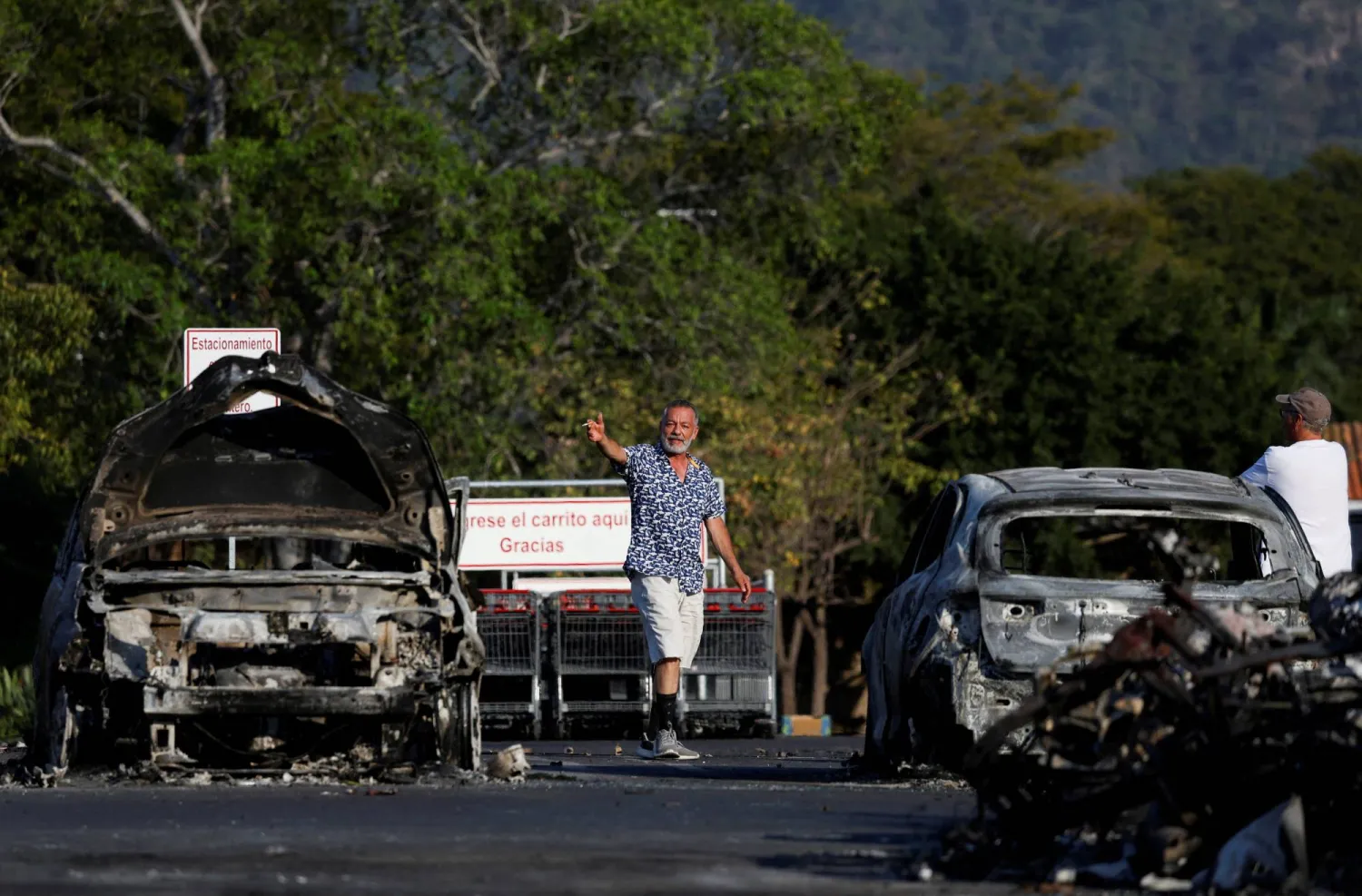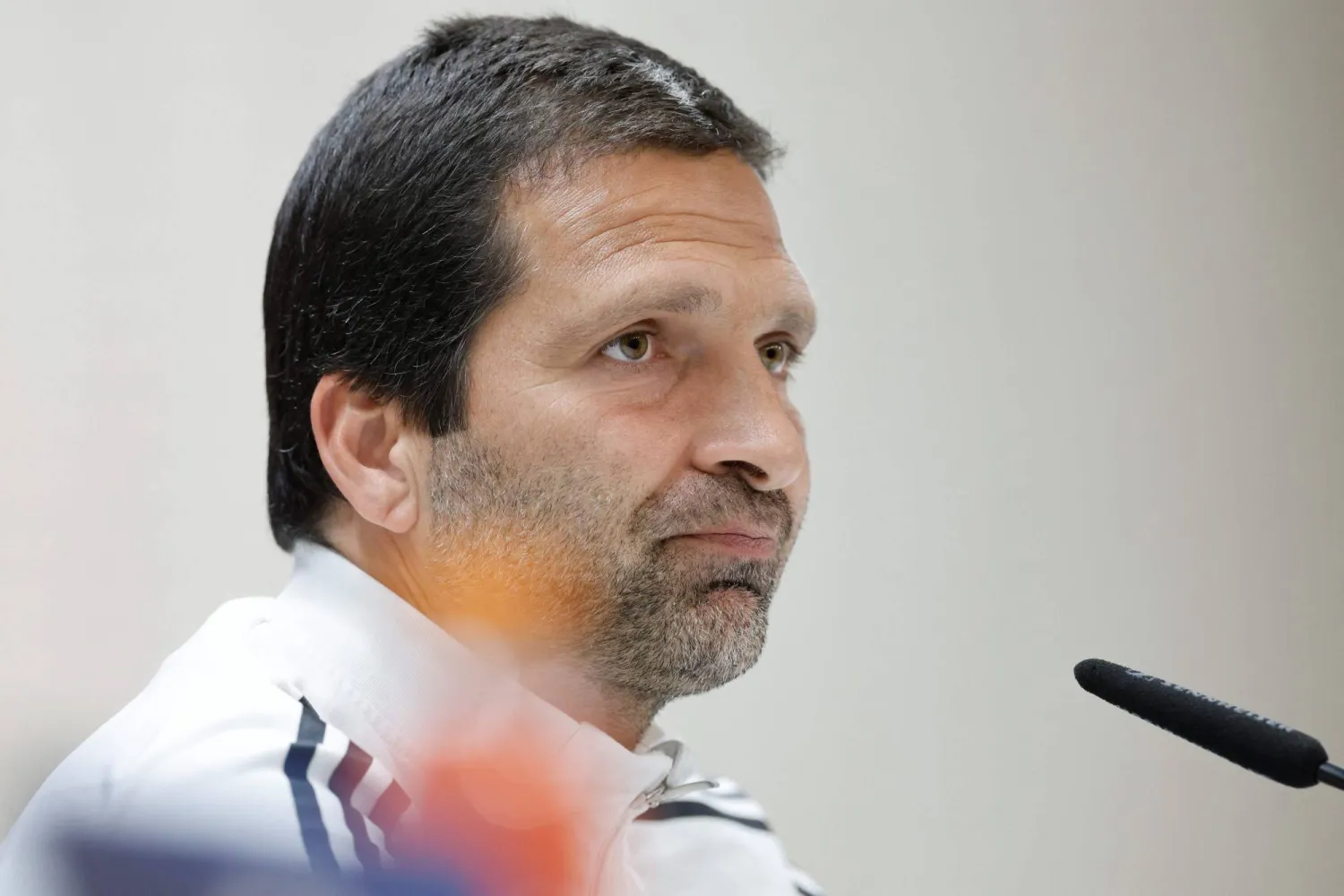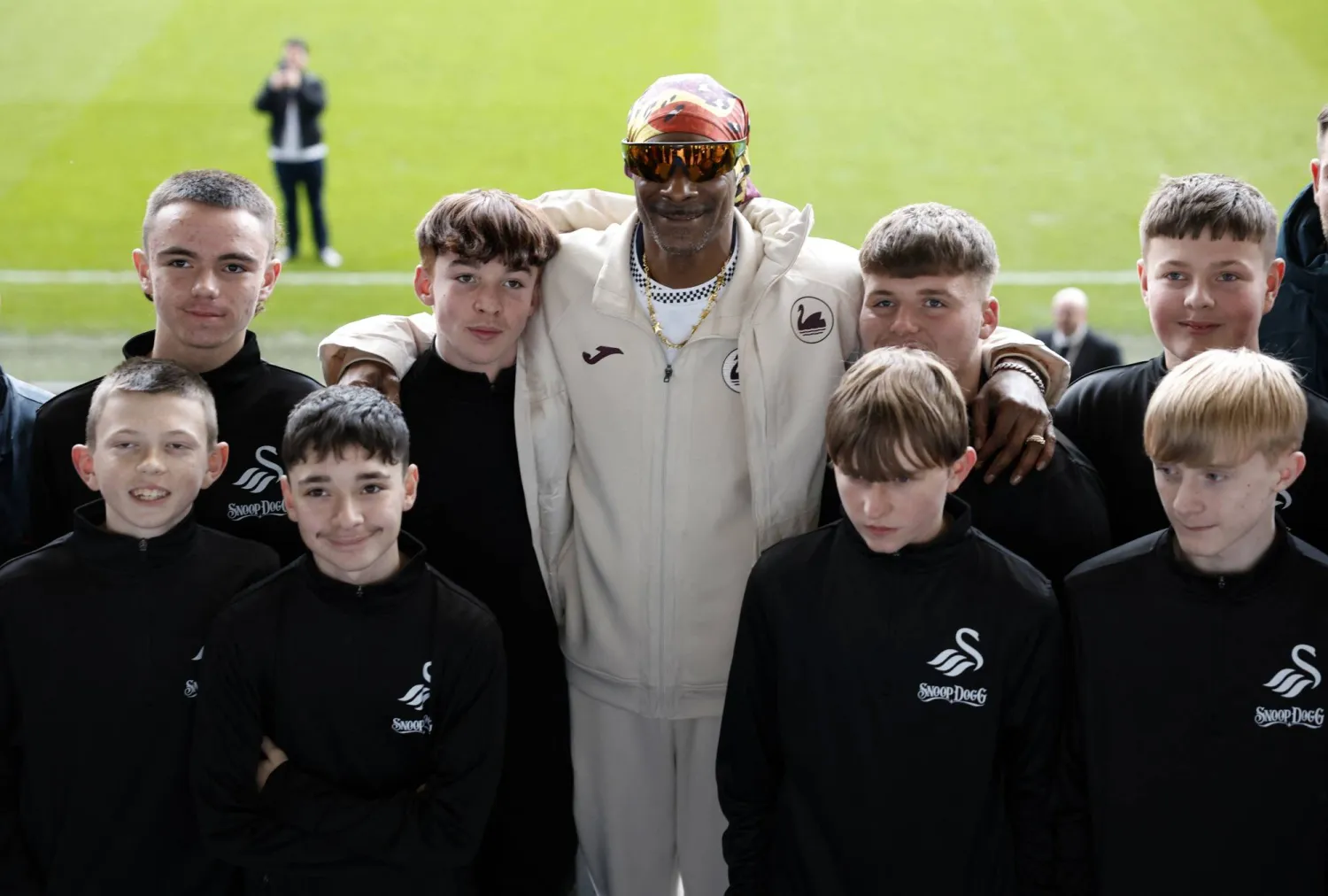“Alhamdulillah. God gave me everything.”
The Islamic phrase was among the first words spoken by Khabib Nurmagomedov following his submission victory on Saturday over interim lightweight champ Justin Gaethje at UFC 254. The words carried the weight of the last few months of the champion’s life, a period filled with the tragic passing of his father due to the coronavirus and the unyielding weight of expectations. Now, for the first time in his illustrious career, Khabib Nurmagomedov seemed relieved. He knew his time was up.
“Today I want to say that this was my last fight. No way I am going to come here without my father … I promised [my mother] that this would be my last fight,” Nurmagomedov added while fighting back tears. “And if I give my word, I have to follow this.
The most dominant champion in UFC history had retired at the top of his game, all without a single blemish to his undefeated mixed martial arts record.
Over the course of his now legendary career, Nurmagomedov (29-0) amassed one of the most impressive records in all sports – a record characterized by dominant performances, a suffocating fighting style, and a unique charm that made him one of the most fascinating athletes in a generation. Yet despite his unquestionable athletic prowess, Nurmagomedov’s legacy is a complicated one filled with questionable affiliations with authoritarian figures and oligarchs, advocacy for increased cultural censorship and casual misogynism.
Born in 1988 to Avar parents, Nurmagomedov grew up Silde, a modest village in the ethnically diverse republic of Dagestan. He spent his childhood under the tutelage of his late father, Abdulmanap, a hardened and accomplished wrestler turned coach who dedicated his life to training Dagestan’s disenfranchised youth in the hopes of offering them an alternative path to Islamic extremism.
On a September morning in 1997, Abdulmanap Nurmagomedov informed his second-born son that he would be put through a test. He approached Khabib – three days removed from his ninth birthday – and led him out towards the edge of the forest, where a bear cub was chained to a nearby tree. Abdulmanap then turned on a handheld camera, pointed it at his son and ordered him to the wrestle the animal. Even at age nine, Khabib was well accustomed to the Dagestani culture and patriarchy, and knew better than to question his father’s wishes.
So the young Khabib bent down, tucked his chin into his chest, and lunged at the bear.
More than two decades after his fateful encounter with the bear cub, Khabib accumulated an undefeated MMA record of 29 consecutive victories, 13 of which took place in the UFC, the sport’s most prominent promotion. His unblemished resume is matched only by his relentless pace and wrestling acumen, which he uses to demoralize his opponents. His uncanny ability to repeat this process on a consistent basis in the UFC’s most competitive division is why he has earned his place as the pound-for-pound king of the sport and one of the most popular Muslim athletes on the planet, second only to Egypt’s Mohamed Salah.
However, beyond his athletic accomplishments and stardom, Nurmagomedov has also made headlines for a list of controversies, including a longstanding affiliation with Chechnya’s dictator, Ramzan Kadyrov – the murderous tyrant known for oppressing his people and pursuing anti-gay purges among Chechnya’s LGBTQ+ community.
Over the past few years, Kadyrov has invited Nurmagomedov to host a training seminar at the dictator’s Akhmat MMA fight club, the training facility funded by Kadyrov himself; invited him to attend several Akhmat MMA shows as his guest of honor; gifted Nurmagomedov and his father luxury cars; and made the UFC champion an honorary citizen of Chechnya. Nurmagomedov even went so far as to promote Kadyrov as a strong leader during a border dispute between Chechnya and Dagestan.
While Nurmagomedov’s association with Kadyrov may not be entirely reflective of the fighter’s personal politics, he has allowed himself to be co-opted by a dictator who uses his relationships with athletes to rebrand himself as a magnanimous, sports-loving leader and to distract from his human rights abuses.
Outside of lending his brand to tyrants and despots, Nurmagomedov also has ties to Ziyavudin Magomedov, a Dagestani oligarch who was arrested in April 2018 on charges of embezzlement and faces a potential 20-year prison sentence. The oligarch was one of Nurmagomedov’s key sponsors, and was responsible for covering training expenses and paying for Nurmagomedov’s back surgery in 2017. Following Magomedov’s arrest in 2018, Nurmagomedov used his UFC post-fight speech to appeal to Russia’s president Vladimir Putin to release him.
In 2019, Nurmagomedov was embroiled in yet another censorship battle when he spoke out against a controversial play called Hunting for Men, which featured a woman seducing a man while dressed in lingerie. The UFC champion criticized the scene as “filth” and demanded that those behind the play be held responsible. Nurmagomedov’s comments stoked outrage within his native republic, gained traction among local politicians and fellow athletes, and caused the play’s producer to receive alleged threats on social media.
To top it off, Nurmagomedov has also expressed sexist views regarding women in the UFC.
“For females, I have very good advice, be fighters at home,” Nurmagomedov said at a forum in Saudi Arabia. “And one more advice, all the time, finish your husband.”
It should be noted that Nurmagomedov is not the only dominant athlete with a complicated legacy. Muhammad Ali – arguably the most beloved athlete of all time – was once the guest of Mobutu Sese Seko, the Zaire dictator who amassed $15bn in personal wealth while his country was facing human rights violations and extreme poverty. Ali stayed at Seko’s mansion ahead of the Rumble in the Jungle fight in 1974. On fight night, Seko executed 100 criminals and held hundreds more in rooms under the stadium.
While Ali’s friendly ties to a vicious dictator did not define his legacy, it is important to understand how some of his most infamous bouts helped prop up authoritarian regimes. The same applies to Nurmagomedov, whose athletic career took place against a backdrop of controversy. This does not change his athletic achievements, but complicates his legacy as one of the great athletes of all time.
(The Guardian)









